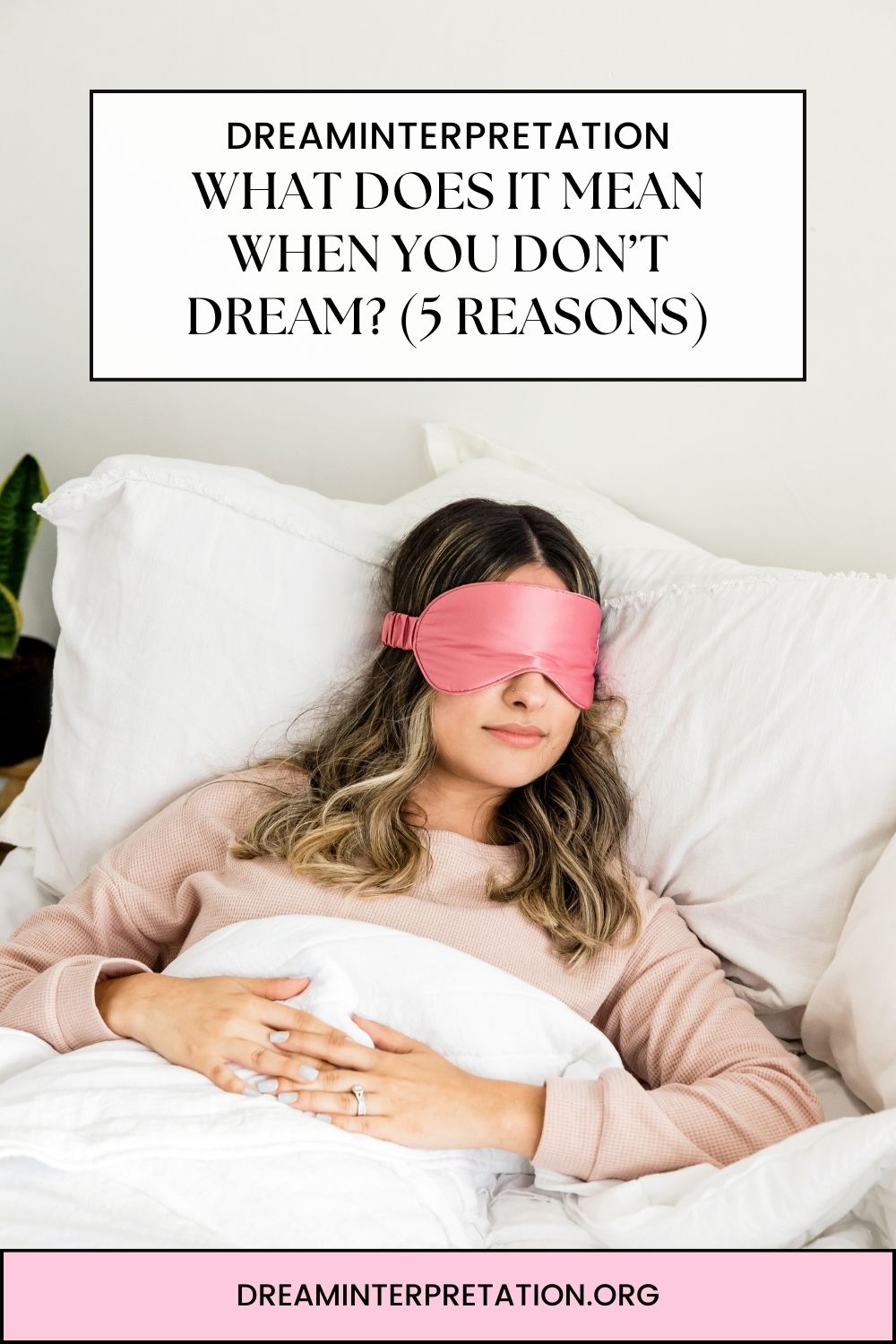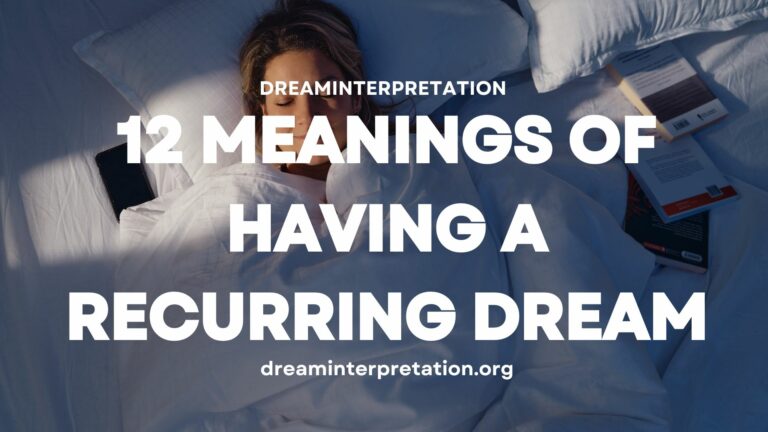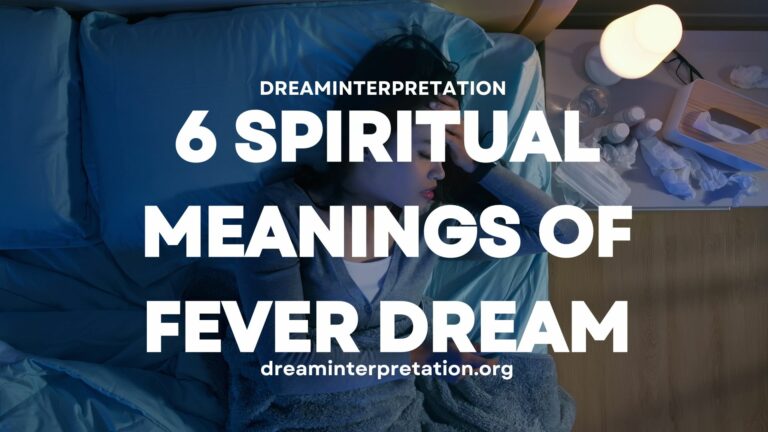What Does It Mean When You Don’t Dream? (5 Reasons)
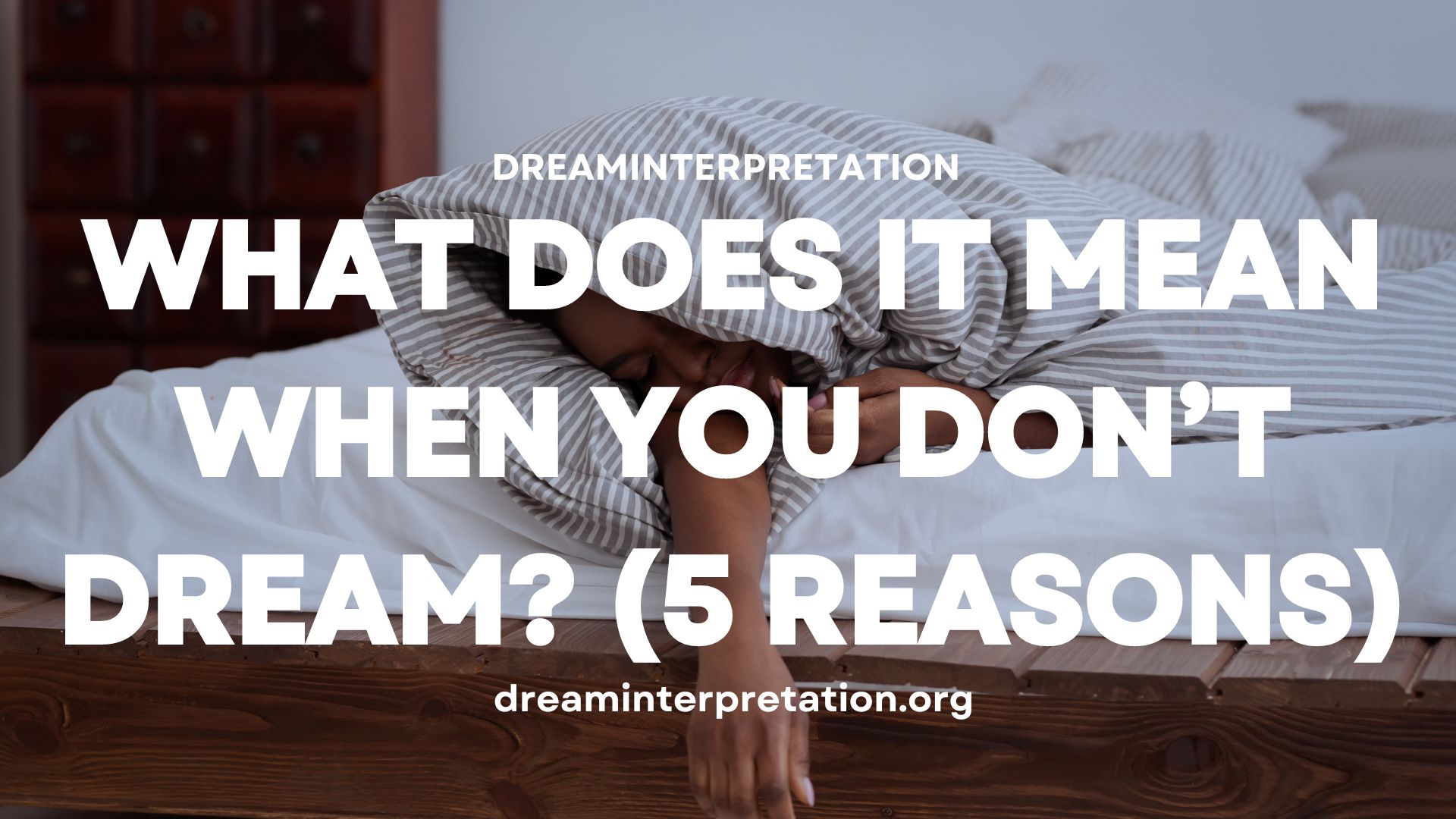
Do you often wake up with no recollection of dreaming the previous night?
Do you wake up feeling like your mind is a clean slate with no memories of what you might have dreamt last night?
Is it possible to not have dreams? When you wake up not remembering what happened in your sleep last night, does it mean you really didn’t dream?
The concept of dreaming has always been mysterious. Scientists and shamans have studied dreams for centuries. Still, they haven’t found all the answers to what, why, and how we dream.
So, if you are wondering what it means when you don’t dream, you are not alone; this is a centuries-old question.
In this article, you will find out the answers to what it really means when you don’t dream. But, first, it helps to understand the concept of dreaming and its important role in our lives.
Let’s jump in!
Where Do Dreams Come From?
Before we discover what it means when you don’t dream, let us understand where dreams come from and their purpose.
According to psychologists and sleep experts, dreams are fragments of sounds, images, and memories during the rapid eye movement (REM) phase of the sleep cycle.
There is no definite reason why we dream. But, dreaming can help with memory and emotional regulation. Parts of the brain concerned with memory and emotions are involved in creating dreams.
Recurring dreams can be symbolic of your predominant thoughts and emotions. Dreams help you work through problems, connect the dots, and plan for the future.
Processing our thoughts and emotions can also help with creativity and even a form of self-therapy, given that dreaming can help with emotional healing and growth. Sleep researchers have equated the experience of dreaming to a psychedelic experience in which the brain comes up with creative ideas and makes sense of information better.
Dreaming also helps us balance the type and amount of information we are bombarded with on any given day. When we dream, the brain processes this information, breaks it down, integrates it into the existing information, and shelves the rest in your long and short-term memory.
What Does It Mean When You Don’t Dream? (5 Reasons)
When you wake up in the morning and can’t remember what you dreamt about, you might conclude that you didn’t dream.
But, here is the thing, we all dream! Dreams are an important and inevitable part of our sleep cycle. It is impossible not to dream.
When you don’t dream, it simply means you cannot remember your dreams. You did indeed dream; you just cannot remember the substance of the images, sounds, and memories that made up your dream.
According to sleep experts, we have an average of six dreams in a single night of sleep. Most of us do not remember all the previous night’s dreams, and there is nothing wrong with this.
Dreams happen during the rapid eye movement phase of the sleep cycle. When it seems like you never dream, it could be that your REM phase is being disrupted.
Disruptions during the REM phase can result in poor quality sleep, preventing you from remembering your dreams when you wake up.
You can look at it this way: Any interruption to your sleep lowers your brain’s ability to process your dreams. Recalling your dreams can be quite hard when these dreams are not fully processed.
Here are some factors that can prevent you from remembering your dreams:
1. Sleep disorders
Sleep disorders such as sleep apnea and insomnia can make it difficult for you to enter the REM sleep phase.
If you aren’t entering and staying in the REM phase, you might miss out on your dreams. As such, when you wake up, you often feel like you didn’t dream.
2. Lifestyle choices
Substances such as alcohol, marijuana, caffeine, and tobacco can also slow the body and brain’s ability to move into the REM phase. The brain will not fully process sounds, thoughts, and memories, so you may not remember your dreams.
Other lifestyle habits such as looking at a screen a few minutes before sleep can disrupt your sleep quality.
Watching screens can result in information overload, putting your brain on overdrive, and making it harder and longer to process all these images and sounds.
3. An inconsistent sleep schedule
Sleep experts recommend sleeping and waking up at the same time every day.
A good sleep schedule aligns with your circadian rhythm, making you less likely to experience disruptions during the REM phase. Fewer sleep disruptions mean your dreams are likely to be memorable and vivid.
4. Stress
Stress can disrupt the quality of your sleep in a big way. When you are stressed, you will have trouble sleeping (insomnia).
Sleeping problems can result in fewer dreams and or problems with dream recall. Stress and depression can also cause troubling dreams and an increase in nightmares.
5. Mental health issues
Mental disorders such as bipolar and anxiety disorder increase the risk for insomnia. These disorders may make it difficult to sleep well through the night, suppress your need for adequate sleep, and even make it hard to fall asleep in the first place.
Does having no dreams affect sleep quality?
Sleep quality and dreams are inextricably linked. When you have quality sleep, your body and brain have successfully moved into the REM sleep cycle phase and stayed there for as long as necessary.
Entering and staying in the REM phase means that your brain has enough time and energy to process all the information it needs. So, when you exit this phase and finally wake up, you are likelier to remember your dreams, and sometimes, you might even remember how you felt in the dream.
However, it is important to note that not remembering your dreams doesn’t always mean poor sleep quality. You can sleep really well, have no interruptions in the REM phase, and still have no recollection of your dreams.
There is still no scientific explanation for why we do not always remember our dreams. What is for sure is that dreams always happen because it is a natural part of brain activity.
Not recalling your dreams does not mean you are stressed, depressed, have a mental condition, or make poor lifestyle choices.
Tips on how to remember your dreams
If you cannot remember your dreams, you should not worry; this is not a sign of an underlying condition, and there is nothing wrong with you.
But, if your ‘lack of dreams’ is frustrating, there are a few steps you can take to help you become a better dreamer and remember your dreams.
Here are some tips:
- Use affirmations: Before going to sleep, affirm that you can dream and remember those dreams.
- Journal your experience: Have a pen and notebook next to your bed for journaling. Whenever you wake up, write down what you can remember about your dreams. Don’t worry if you have only vague memories of your dream; write down what you can remember.
- Wake up a little earlier: Waking up early increases the chances of remembering your dreams. So, set the alarm to wake up at least an hour earlier than your usual wake-up time.
- Give yourself a few minutes before waking up: When you wake up, linger a bit in bed to recollect your memories of the previous night.
Improving your sleep quality is the best way to remember your dreams. Here are some science-backed tips for better sleep.
1. Have a pre-bedtime routine
An inconsistent sleep schedule can throw your body, mind, and nervous system off track, making it difficult to enter and stay in the REM phase.
If you want better quality sleep and to recall your dreams, start with a regular bedtime routine. For example, you could read a book, listen to some relaxing music, ignite relaxing scents, meditate and then go to bed.
Ideally, you should perform these activities at the same time every day. This will help keep your mind and body in a state of flow.
2. Take note of your environment
The environment you sleep in could affect your sleep quality. Bright lights, noise, or unfavorable temperatures can throw you off, resulting in sleeping difficulties.
Some people sleep better in a warm room, while others prefer cooler temperatures. Others need background noise to sleep, while other people can only sleep well in a quiet room. Tweak your environment until you find what works for you and supports your goal of quality sleep.
3. Try aromatherapy
Some scents can help calm your mind and body, allowing you to experience better sleep. According to aromatherapists, some good scents to try are lavender, frankincense, chamomile, clary sage, and rose.
4. Opt for a healthy dinner
Try eating smaller portions of food a few hours before bedtime.
Avoid unhealthy fats, excessive carbohydrates, and sugars as these take longer for the digestive system to break down and assimilate.
Indigestion or slow digestion can disrupt your sleep quality as your body is in fight or flight mode as it tries to digest the food.
But don’t go to bed hungry. Have a healthy bedtime snack to give your body and mind the energy needed for dream synthesis.
5. Make better lifestyle choices
Meditation is one of the best ways to relax your mind and body. You don’t need to be a spiritual guru to meditate successfully; this activity won’t take up much of your time—the more relaxed and in tune with yourself, the better sleep quality you will enjoy regularly.
Try limiting your screen time at night. Ideally, you should wind down and step away from your TV, laptop, tablet, and cellphones an hour before bed. This prevents digital information overload, so you can easily move into the REM phase of the sleep cycle.
Lastly, regular exercise can greatly help with sleep quality. Exercise can lower the risk of diabetes, obesity, and stress levels, making you feel good and sleep better.
Summary: What Does It Mean When You Don’t Dream?
When you often wake up and cannot remember your dream, you might wonder: what does it mean when you don’t dream?
We all dream; dreaming is a natural and inescapable part of the sleep cycle. Dreams take place in the REM phase of the sleep cycle, during which we can have as many as six dreams.
If you wake up without recollection of your dreams, it simply means your REM cycle was disrupted, preventing you from remembering your dreams.
So, it is not so much that you didn’t dream; it is just that you cannot remember your dreams! The good news is that not remembering your dreams will not negatively affect your well-being.
Also, not remembering your dreams does not always mean you have poor sleep quality or an underlying health condition. Not recalling your dreams sometimes is normal and nothing to worry about.
Still, you should do everything you can to improve your sleep quality. Meditating, exercising, choosing a healthy lifestyle, and maintaining a regular sleep routine are steps in the right direction.
